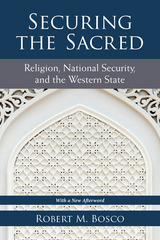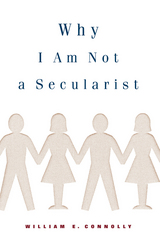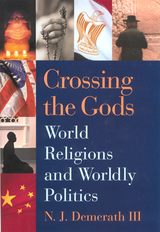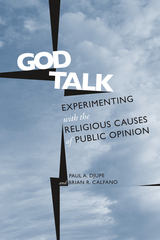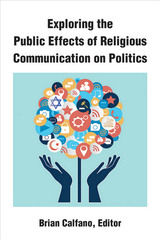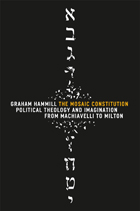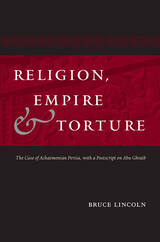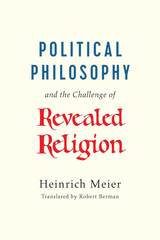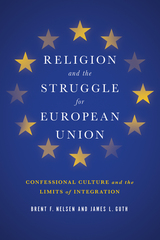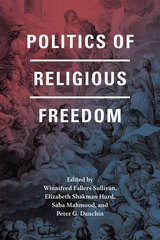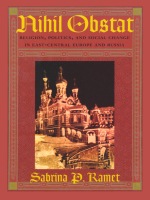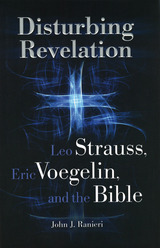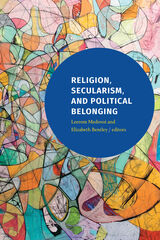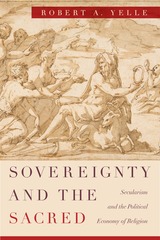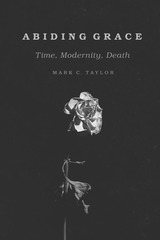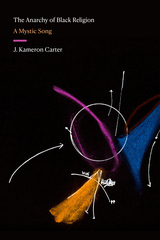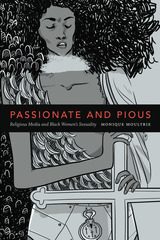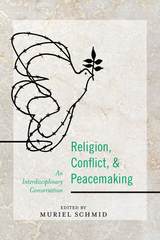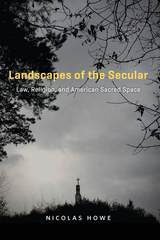Paper: 978-1-58901-162-5 | Cloth: 978-1-58901-169-4
Library of Congress Classification BL65.P7P675 2007
Dewey Decimal Classification 322.1
As early as the sixteenth century the liberal democratic state has been forced to confront the question of religion in politics. The result has been a tense and uncomfortable balancing act. Today, in the public square of liberal democracy, a number of religious confessions and beliefs compete for attention. In the American experience, some sense of religious pluralism and relative social harmony has been maintained. However, for this relationship to prevail, a tension must continue to exist—one that balances the political and social pursuits of self-interest with meeting the objectives of the common good.
In Reaping the Whirlwind, John R. Pottenger shows how this process began in the modern world, and how societies attempt to manage this ongoing conflict. The first part of the book lays the groundwork of his analysis by using examples from history to demonstrate the genesis of political and religious "whirlwinds." It goes on to explore contemporary case studies, such as conflicts between Mormons and Evangelicals in the United States, liberation theology in Latin America, Islam and the state in Uzbekistan, and radical Christian reconstructionism.
Pottenger believes that the formal institutions of liberal democracy should maintain this turbulence, even as religious activism threatens to upset the balance. He concludes by advocating religious liberty and recognizing the individual and social need for expression. At the same time, he maintains that the survival of liberal democracy requires that these religious traditions not dominate the public sphere.
See other books on: Liberal Democracy | Reaping | Religion and politics | Religious pluralism | Whirlwind
See other titles from Georgetown University Press

